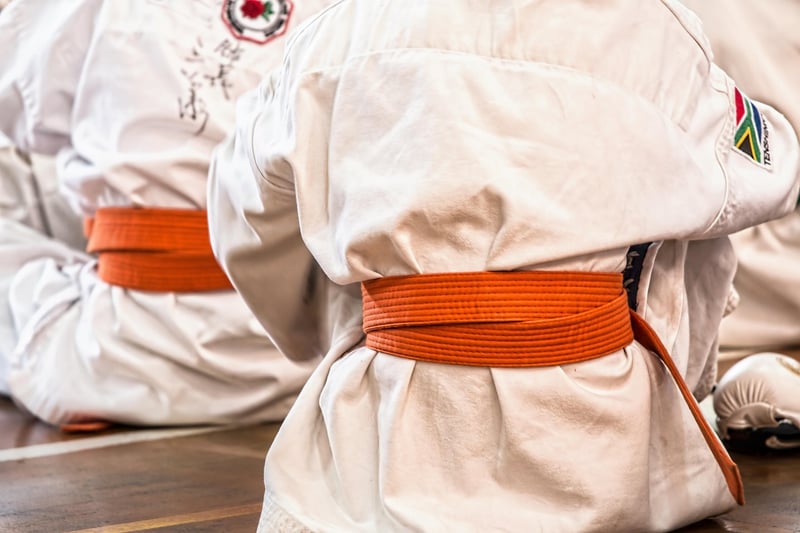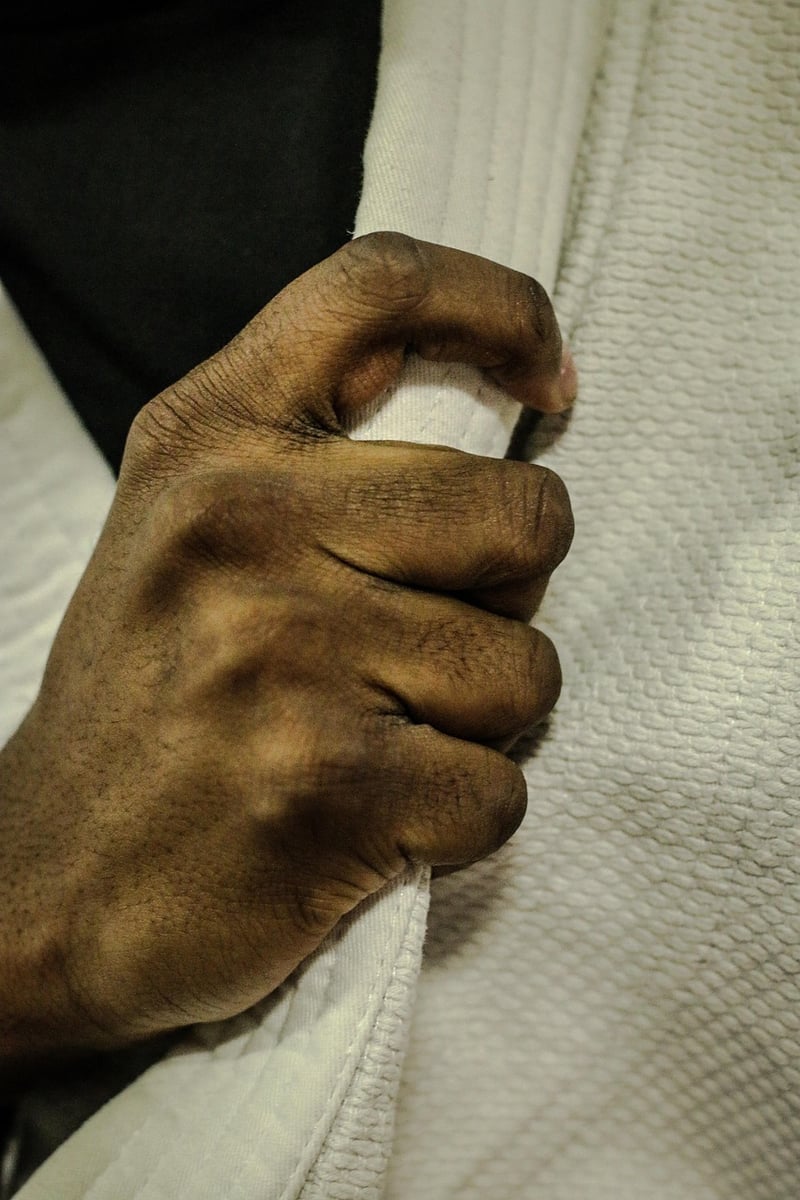Judo
Discipline and Self-Defense through Physical Training + Judo
Physical training is not just about building muscles; it is also a powerful tool for developing discipline and self-defense skills. One such martial art that combines physical fitness with mental strength is Judo. Judo, which translates to "gentle way," focuses on using an opponent's strength against them through throws, pins, and joint locks.
The Benefits of Physical Training in Discipline and Self-Defense
Engaging in physical training, whether it be through martial arts like Judo or other forms of exercise, offers numerous benefits beyond just physical fitness. Here are some key advantages:
- Discipline: Regular physical training instills discipline by requiring consistency, dedication, and self-control. In Judo, practitioners learn to respect their opponents and instructors, follow rules, and maintain a focused mindset.
- Self-Defense: Physical training, especially in martial arts like Judo, equips individuals with practical self-defense skills. These techniques can be invaluable in real-life situations, helping individuals protect themselves and others from harm.
- Confidence: As individuals progress in their physical training, they gain confidence in their abilities. This newfound self-assurance extends beyond the training mat and positively impacts various aspects of their lives.
- Stress Relief: Engaging in physical activity, including Judo, serves as an excellent stress reliever. The focus required during training helps individuals clear their minds and alleviate tension.
Judo: The Gentle Way to Discipline and Self-Defense
Judo is a martial art and Olympic sport that emphasizes technique, leverage, and timing over brute strength. Through practicing Judo, individuals can develop not only physical prowess but also mental fortitude and strategic thinking.
Key components of Judo training include:
- Throws: Judo practitioners learn various throwing techniques to off-balance and control their opponents.
- Pins: Pinning techniques in Judo aim to immobilize opponents on the ground, scoring points or leading to a submission.
- Joint Locks: By applying joint locks, Judo practitioners can manipulate an opponent's joints, causing discomfort or obtaining a submission.
Practicing Judo not only enhances physical fitness but also cultivates mental attributes such as focus, perseverance, and respect. These qualities are integral to both self-improvement and effective self-defense.
Conclusion
Physical training, particularly through disciplines like Judo, offers a holistic approach to personal development. By combining physical fitness with mental strength, individuals can cultivate discipline, self-defense skills, confidence, and stress relief. Whether you are looking to enhance your physical capabilities or develop essential life skills, engaging in physical training, especially through martial arts like Judo, can be a transformative journey.

References: International Judo Federation
